
Low-dose CT scans for lung cancer should be as routine as mammograms
Estela Mara Bensimon is a university professor emerita at the University of Southern California and the founder of the Center for Urban Education, whose mission is to eliminate racial inequity in higher education outcomes. Bensimon is a highly recognized scholar on racial equity. She is an elected member of the American Education Research Association and the National Academy of Education. She also received the Harold W. McGraw, Jr. Prize in Education, recognizing innovation, inspiration, and impact.
In 2022, much to my shock, I was diagnosed with small cell lung cancer (SCLC). At the time, I had no idea what small cell lung cancer meant. Naively, I assumed that “small” meant insignificant. It was not insignificant. In fact, among lung cancers, SCLC is the most aggressive, not easily treatable, and life expectancy can be low.
SCLC predominantly affects heavy smokers and, as someone who smoked heavily—sometimes up to 3 packs a day—from a very young age, I met just about all the risk factors. However, at the time of my diagnosis, I had not smoked for 38 years, and I had quit before the age of 40. Various studies show that my age at the time of quitting and not having smoked for almost 4 decades made me a less likely candidate for cancer. Still, I had stage 4 (IV) lung cancer.
No one ever told me to get scanned.
Despite my heavy smoking history and chronic coughing, and even as an educated woman with “good” health coverage, none of my healthcare providers ever recommended me for a low-dose CT (LDCT) scan. I wish they advised me to have an annual low-dose screening once I turned 50. The United States Preventative Services Task Force (USPSTF) recommends LDCT scans for people who are 50 to 80 years old and who smoked the equivalent of one pack of cigarettes per day for at least 20 years. I met the criteria, but no one told me to get scanned.
Unfortunately, my story is not uncommon. Only approximately 4.5% of those eligible for lung cancer screening get LDCT scans, compared to rates of more than 75% for mammograms. Screening is particularly low among low-income people as well as individuals who are Black.
The low rate of lung cancer screening is alarming and perplexing. LDCT scans are expensive, and doctors may be reluctant to administer them, particularly if there are no obvious symptoms. They may think cancer is too unlikely if the individual presents as healthy, which I did. But in my case, the coughing was a symptom that urgently screamed for a LDCT scan. I am still puzzled why my healthcare team never mentioned lung cancer as a potential reason for my coughing. Maybe doctors wanted to avoid alarming me.
My path to diagnosis
In my case, I coughed for a long time, sometimes uncontrollably. I complained about it to my doctor, and they referred me to specialists who did tests and found nothing. One specialist suggested that it might be an allergy, and I dutifully took a Zyrtec pill daily. In August 2022, when I could no longer tolerate the coughing, my doctor finally ordered an X-ray. The results showed nothing. I was clear. My doctor told me it might be a virus and it would go away.
I accepted the good news, but my coughing persisted, so I was referred for a bronchoscopy. After years of false leads, the bronchoscopy showed that I had stage 4 (IV) SCLC. That was in early September 2022, and my doctor immediately referred me to an oncologist at USC’s Norris Cancer Hospital. Now, after almost 2 years of extensive chemotherapy, radiotherapy, and monthly immunotherapy, I am in remission, and for the most part, able to lead a normal life. But there is always the anxiety that at the next check-up, there will be evidence of the tumor growing or that it has metastasized (spread) to the brain or other parts of my body.
What lung cancer has taught me
Had I known years ago what I know today, I would have insisted on having an annual LDCT scan, but I never did this because I was not aware and I trusted my doctors to know best.
Had I been diagnosed earlier, a lot might have been different. I might have been eligible for surgery to remove the tumor. My treatment may have been less aggressive and more tolerable. Chemotherapy is very debilitating, and the loss of muscle mass makes walking very difficult. I can no longer enjoy long walks in Griffith Park; even museums can be challenging.
Nonetheless, I know I am fortunate. I have been able to advocate for access to the latest treatments, something that is not available to everyone, particularly for low-income and racially marginalized individuals. Through my research, I found an oncologist who is responsive and well-informed. I have the education and research experience that helped me ask good questions and exercise some control over my treatment. And still, I was diagnosed too late.
If you have ever smoked cigarettes, I hope my story will persuade you to make LDCT scans an annual ritual. If you are a general physician, please be aware of your patient’s smoking history and the necessary criteria to qualify for lung cancer screening, and don’t overlook the possibility of lung cancer, even in otherwise healthy patients.
Lung cancer screening saves lives. Learn more about risk, eligibility, and where to get screened.

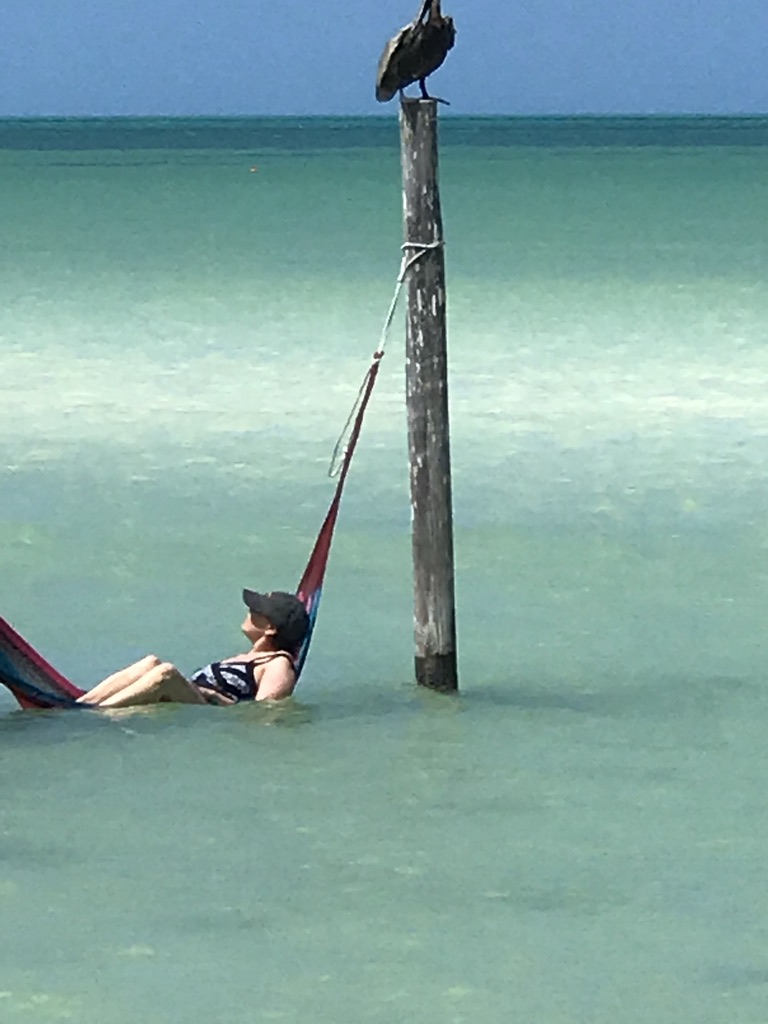
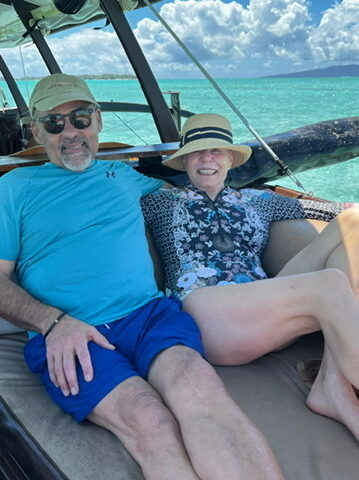
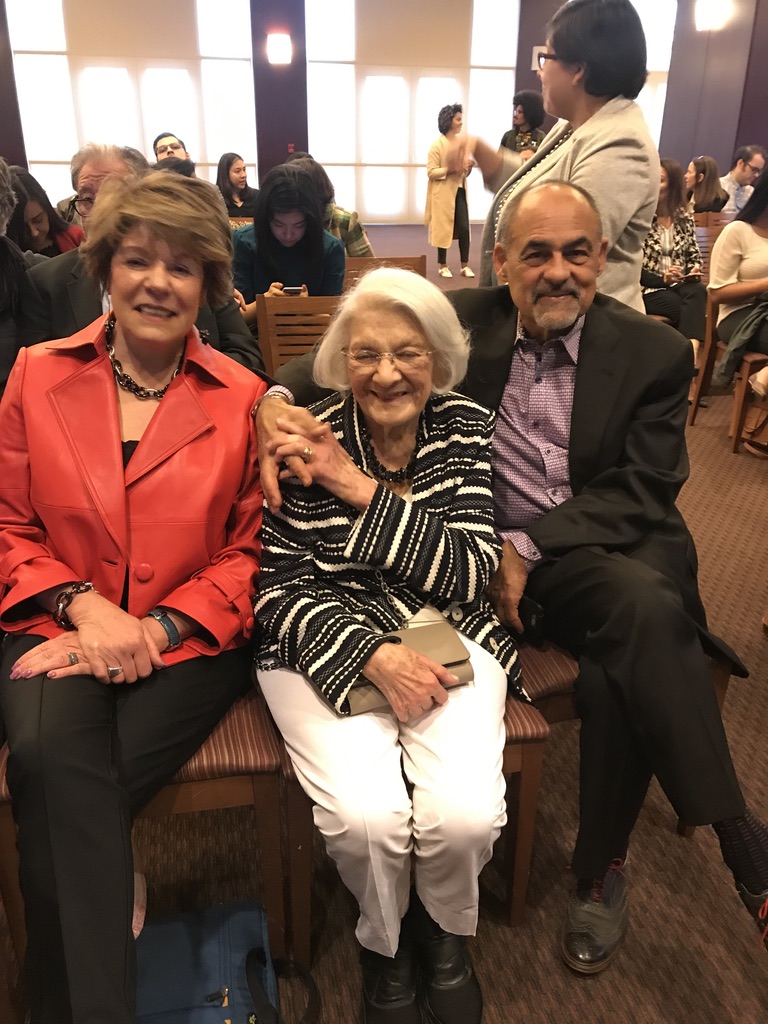
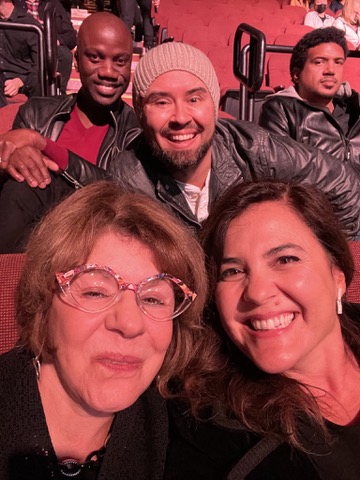
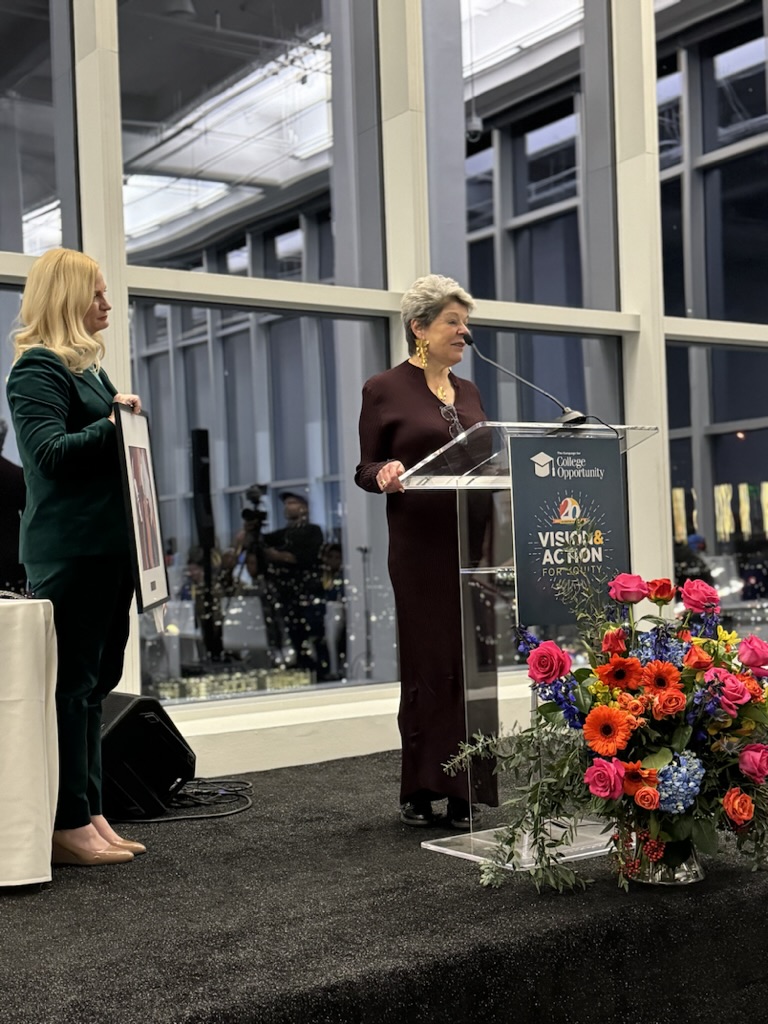
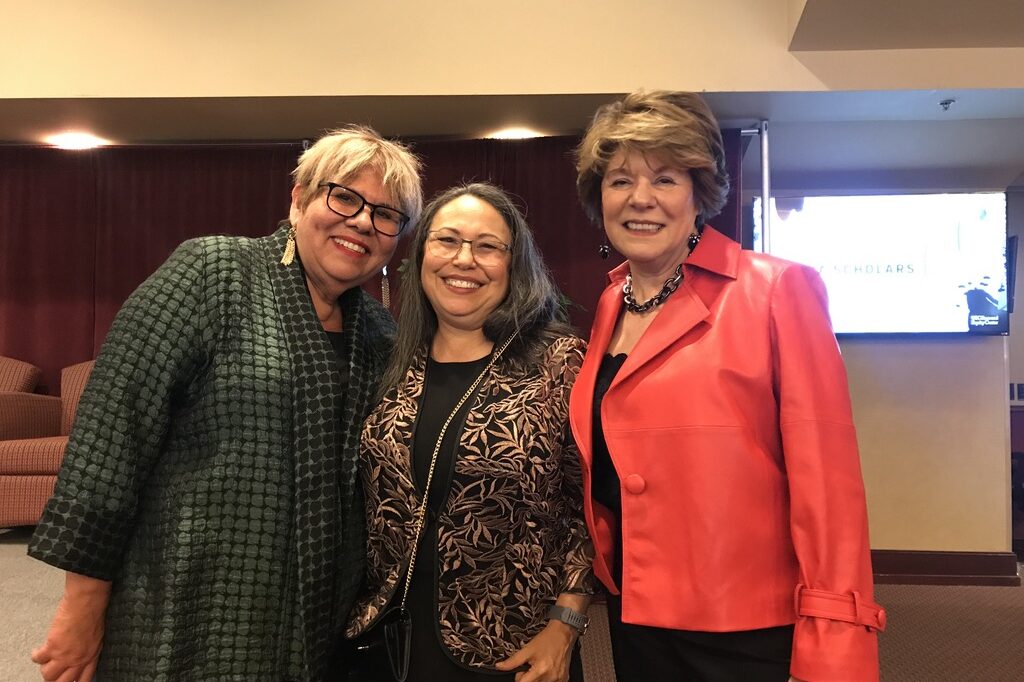
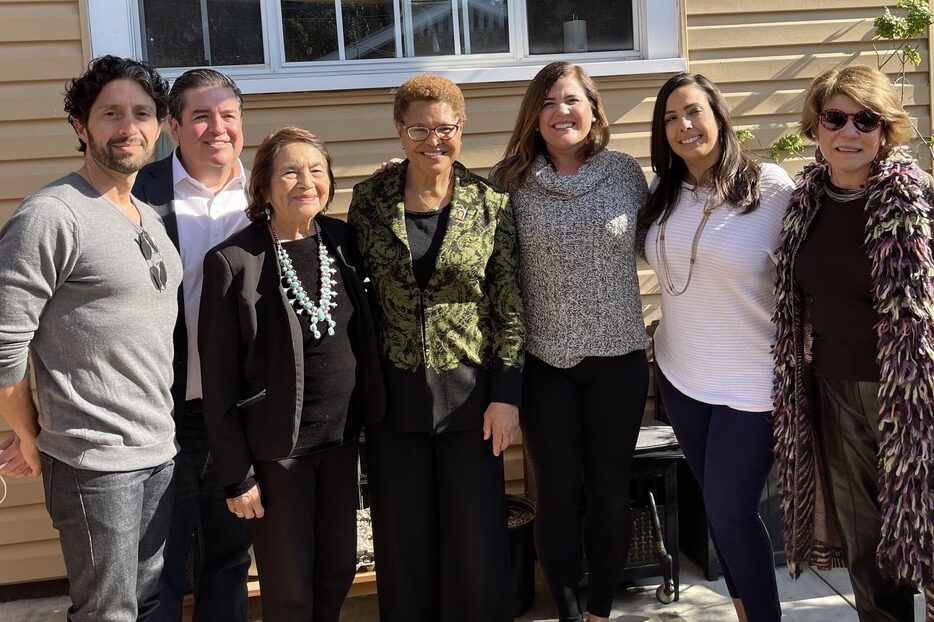
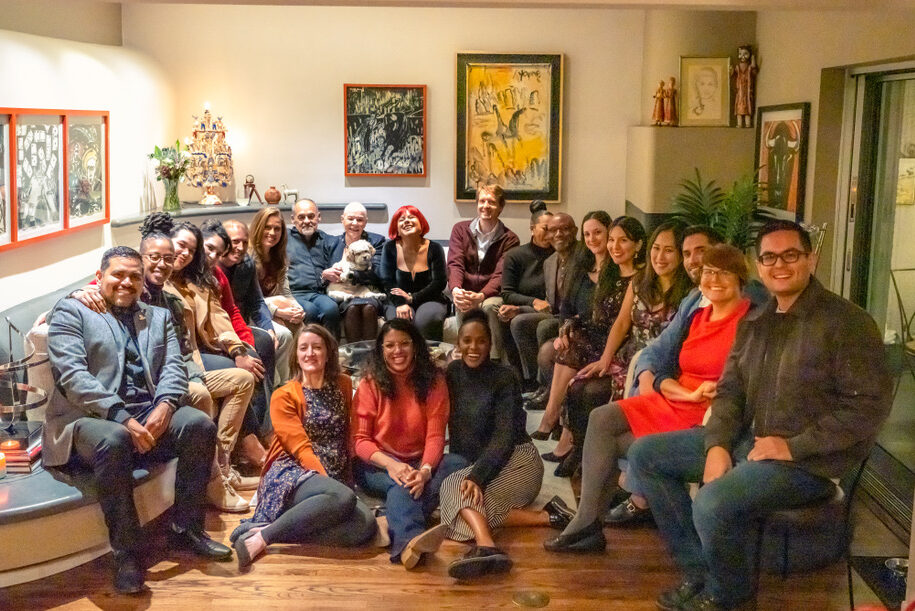
Low rate CT scans, denial? fear? That was me until my PA got me to agree…for research.
Saved at stage 1. Wedge resection 7 years ago.
Why tobacco settlement $$$ states received into General Funds and not for screening? Education?
UK has portable CT units going to less threatening or intimidating sites (hospitals): shopping centers, stadiums, church sites.
Why physicians do not attempt to have patients book CT appt. same time as other follow-up appts. made?